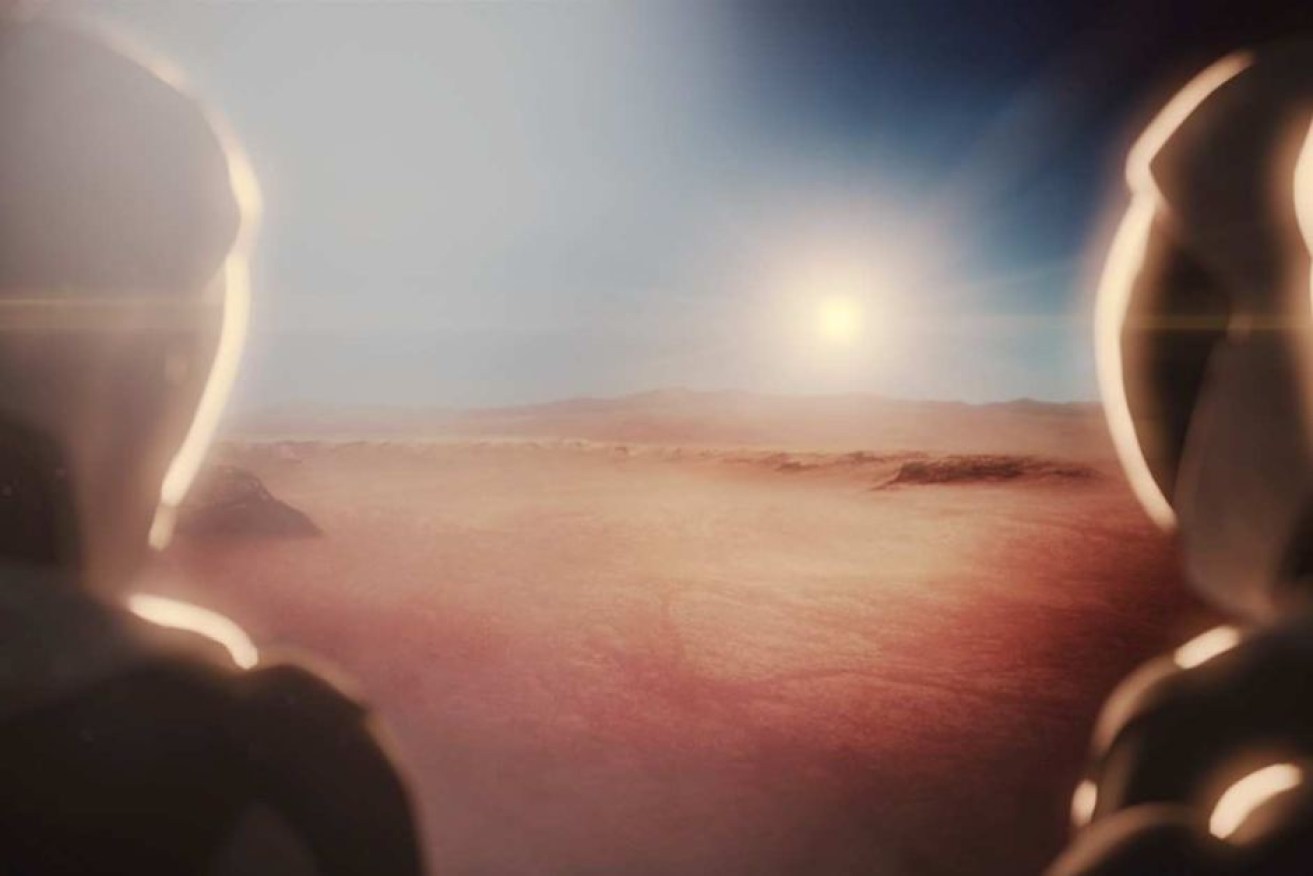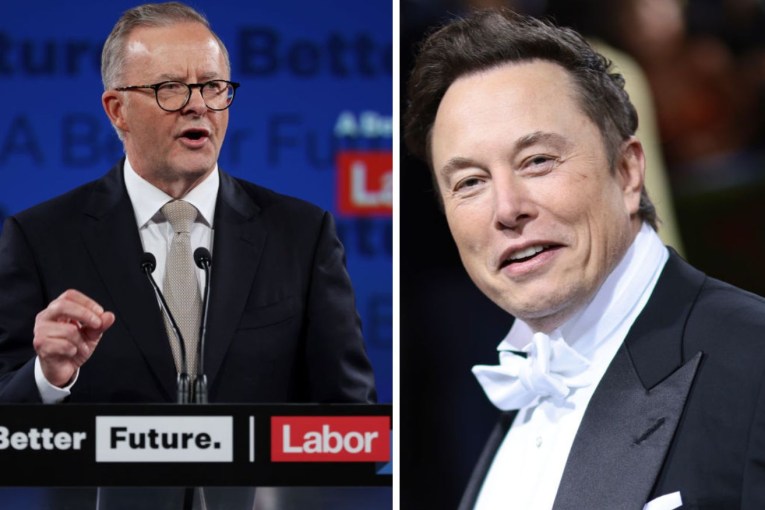Space tourism remains a long way off, expert says

Spaceflight is neither profitable nor practical at present, Dr Morris Jones says. Photo: SpaceX
What does 2017 hold for human space travel?
According to Dr Morris Jones, a space flight analyst, the future of booking a ticket on board a rocket headed to space may be a longer wait than some believe.
He said the technical challenges of building spacecraft had proven enormous.
“And even when you’ve built them, the cost of flying them and operating them is so high that it’s still going to be inaccessible to most people.”
Dr Jones said at present spaceflight was neither profitable nor practical.
“Richard Branson still hasn’t recovered from the fact that one of his spacecraft had a fatal crash a few years ago,” he said.
“And he hasn’t even put the replacement spacecraft into outer space, he’s been running the program for 14 years and he’s never reached outer space.”
Another high-profile businessperson with ambitions in space, Elon Musk, also suffered setbacks with his own SpaceX program, when his second rocket launch failed last year.
Mr Jones said Mr Musk would likely try to launch again in the next few weeks and put communication satellites up into space, as well as try to build a capsule for astronauts.
“He’s got a contract with NASA to launch crews to the [International] Space Station and the timeframe for introducing that just keeps slipping one year at a time and one year at a time,” Mr Jones said.
“And it’s getting to the stage where we wonder when or if this thing will actually fly.”
Mr Jones said it would be “a long time before the big guns and original government agencies” were knocked out of the ring by private spaceflight companies.
“We’re going to be in this mode for quite some time,” he said.

The SpaceX Falcon 9 rocket exploded at Cape Canaveral on September 2, 2016. Photo: US Launch Report
2017 could see the rise of China in space
Dr Jones called China the “rising space power of the 21st century”.
“China has a very broad space program in the sense that they’ve got a finger in just about every pie that you can do in space flight,” he said.
“They’ve become the third nation to develop their own astronaut launch system.
“In 2016 they launched their second space laboratory and they sent two astronauts to live on that laboratory for a month, and that’s the longest mission that they’ve ever flown to date.
“Another thing that didn’t attract as much attention is the fact that they’ve brought out a brand new rocket called Long March 5, which is a very heavy lift rocket.
“And having this new, powerful rocket is the key to all of the big and ambitious things that China plans to do this year and over the next decade.”
Dr Jones said so far China had launched astronauts, scientific satellites and had a rapidly rising rate of lunar and planetary exploration.
“They have all the utilities: weather, communications, defence – all of those bases are covered.
“So anything that America does in space, China is also trying to do and they’re rapidly gaining ground on the Americans.”
The hunt for dark matter and life-supporting planets
Dr Jones said while the Hubble Telescope was still working, it was getting on in age and had a successor on the way – the James Webb space telescope.
“It will be pushed further out into space, well beyond low Earth orbit,” he said.
“But it will probably help us to see planets orbiting other star systems and explore the mysterious dark matter that seems to be messing up the laws of physics and the way the universe operates, but can’t actually be seen.
“So the hunt for dark matter will continue.”

An image from Hubble Space Telescope shows ring of dark matter in a galaxy cluster. Photo: NASA
Dr Jones said the search for planets capable of supporting life would also continue.
“That’s definitely one of the biggest stories in space and also in science at large,” he said.
“And NASA keeps issuing false alarms, people keep finding planets and it’s like NASA says that every second planet they find is a second Earth, even though there’s essentially no evidence to support that.
“But I do think that, as we keep looking and as these telescopes keep developing, I think it’s only a matter of time – possibly well within a decade – before we can find a world that we could say is probably truly Earth-like.
“And that time, when they say that, it will be believable.”
-ABC








